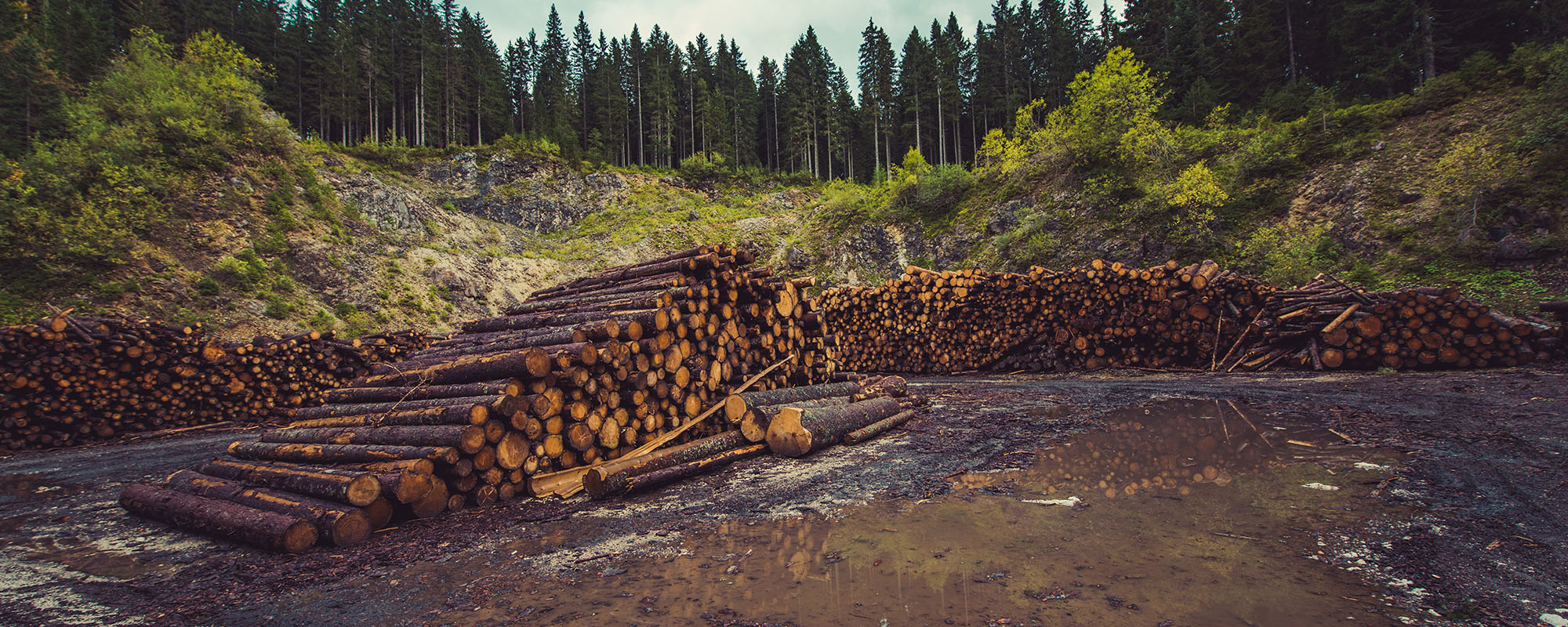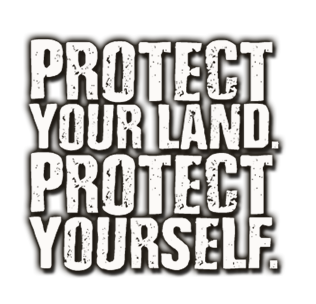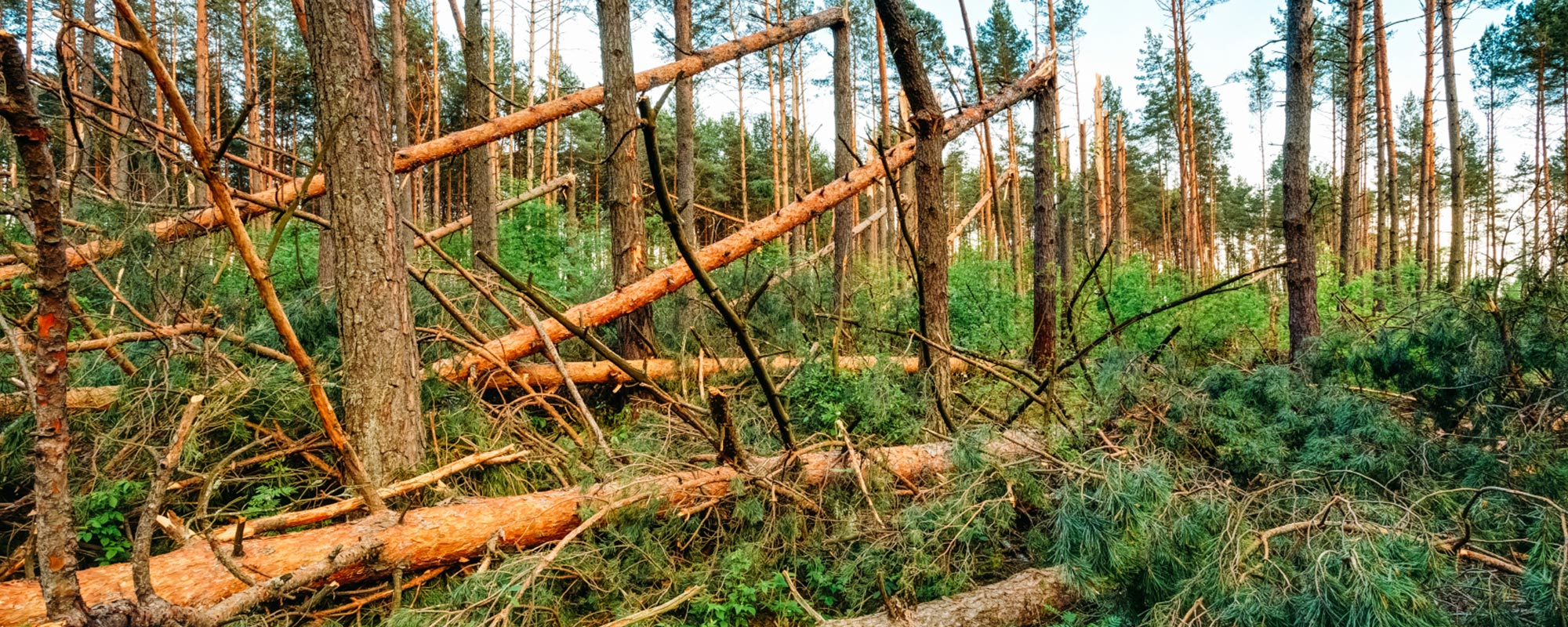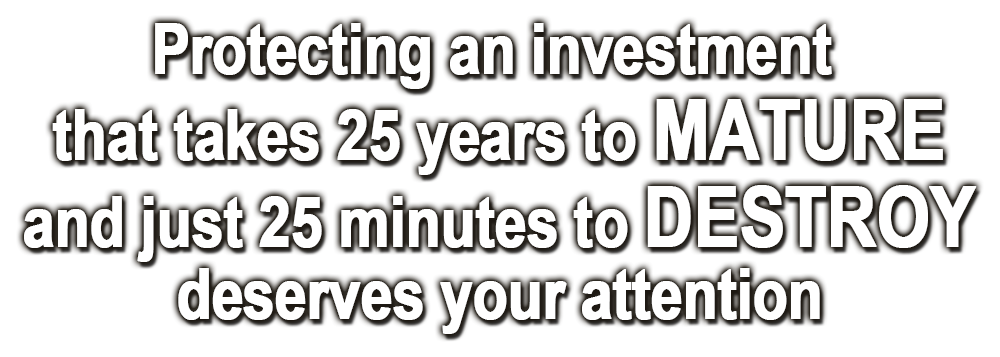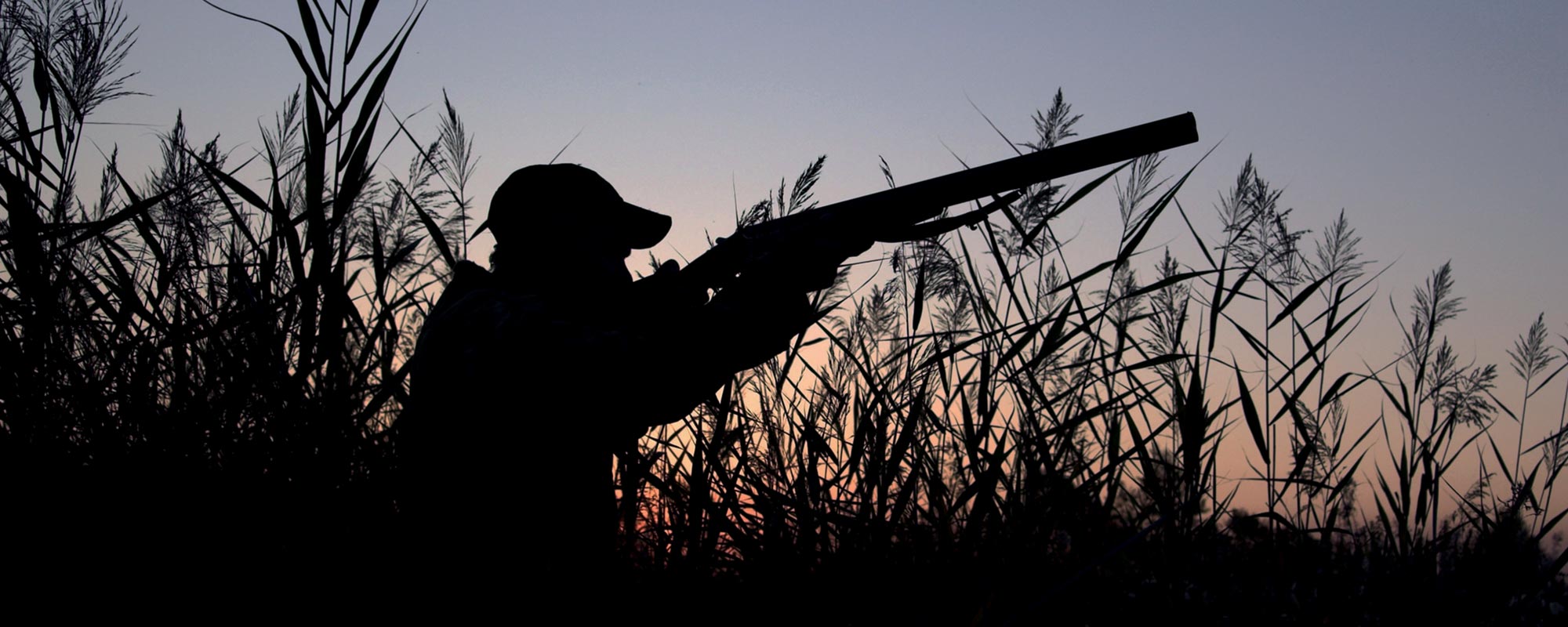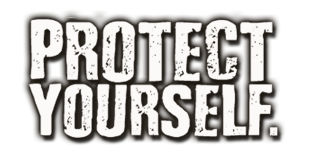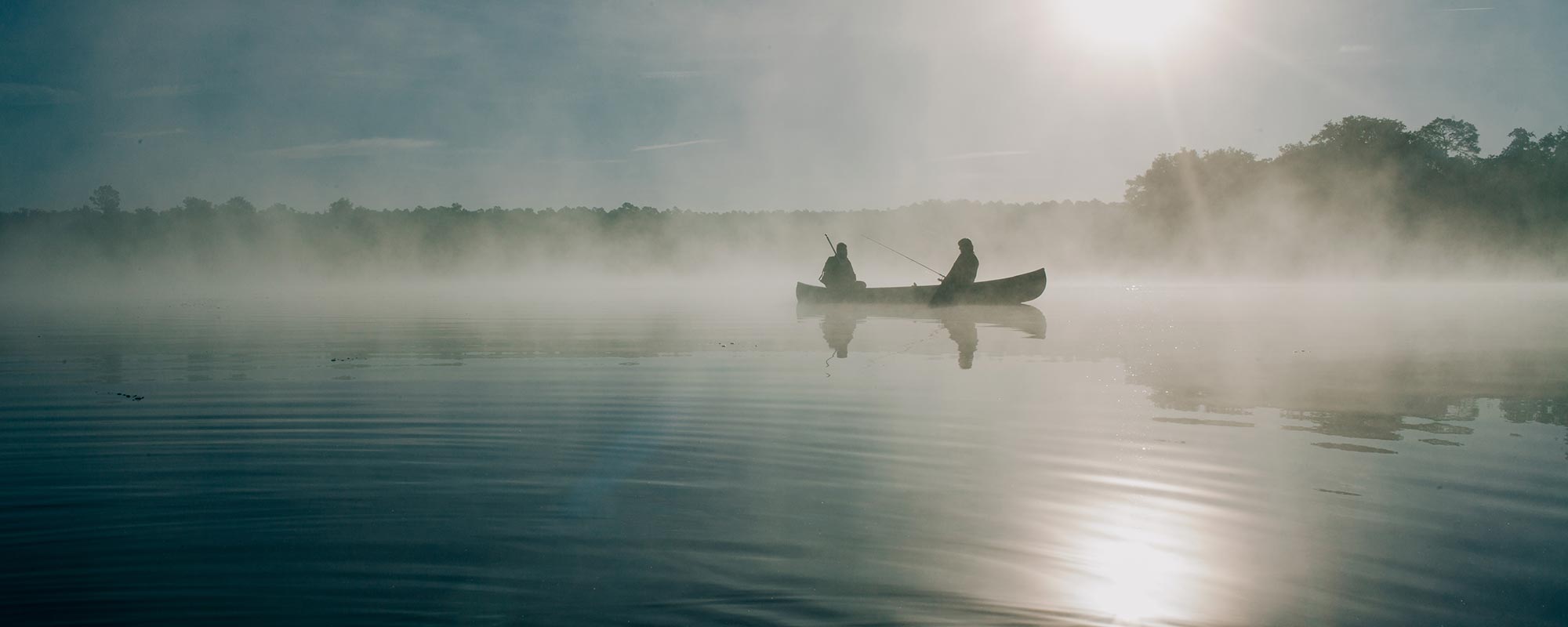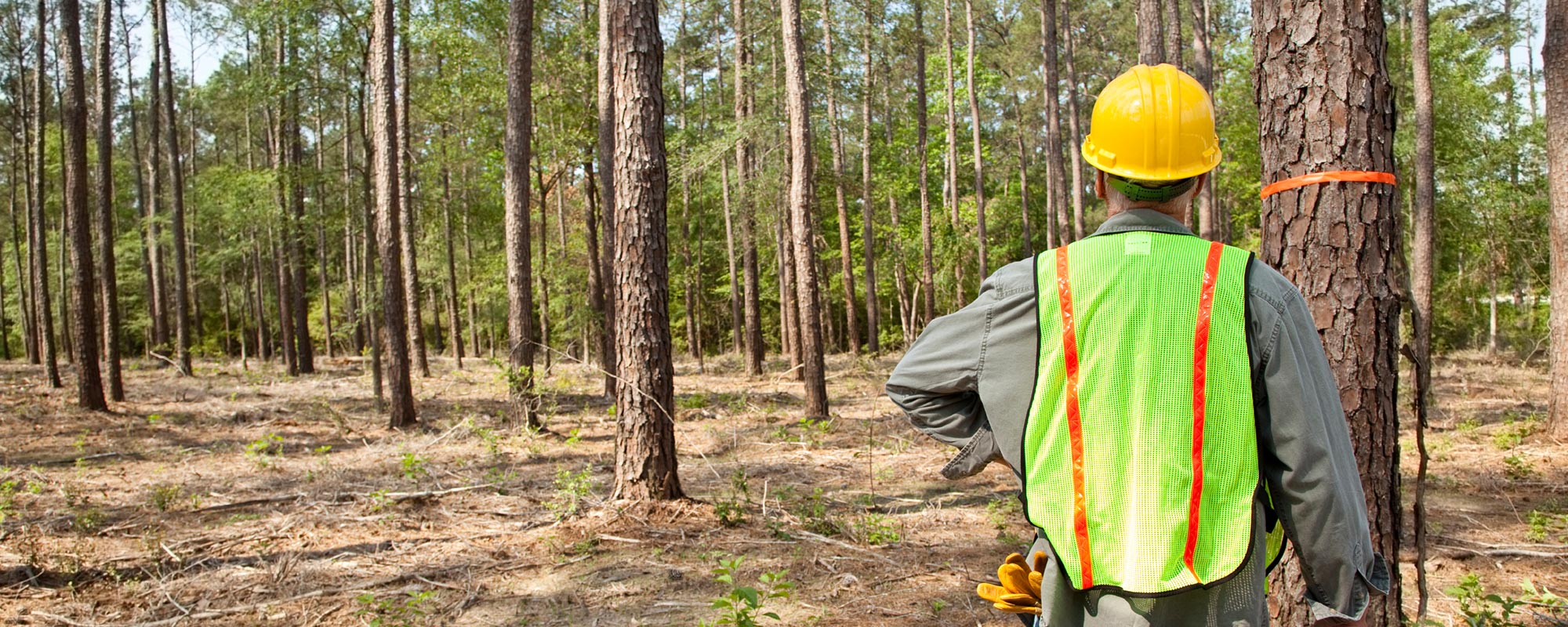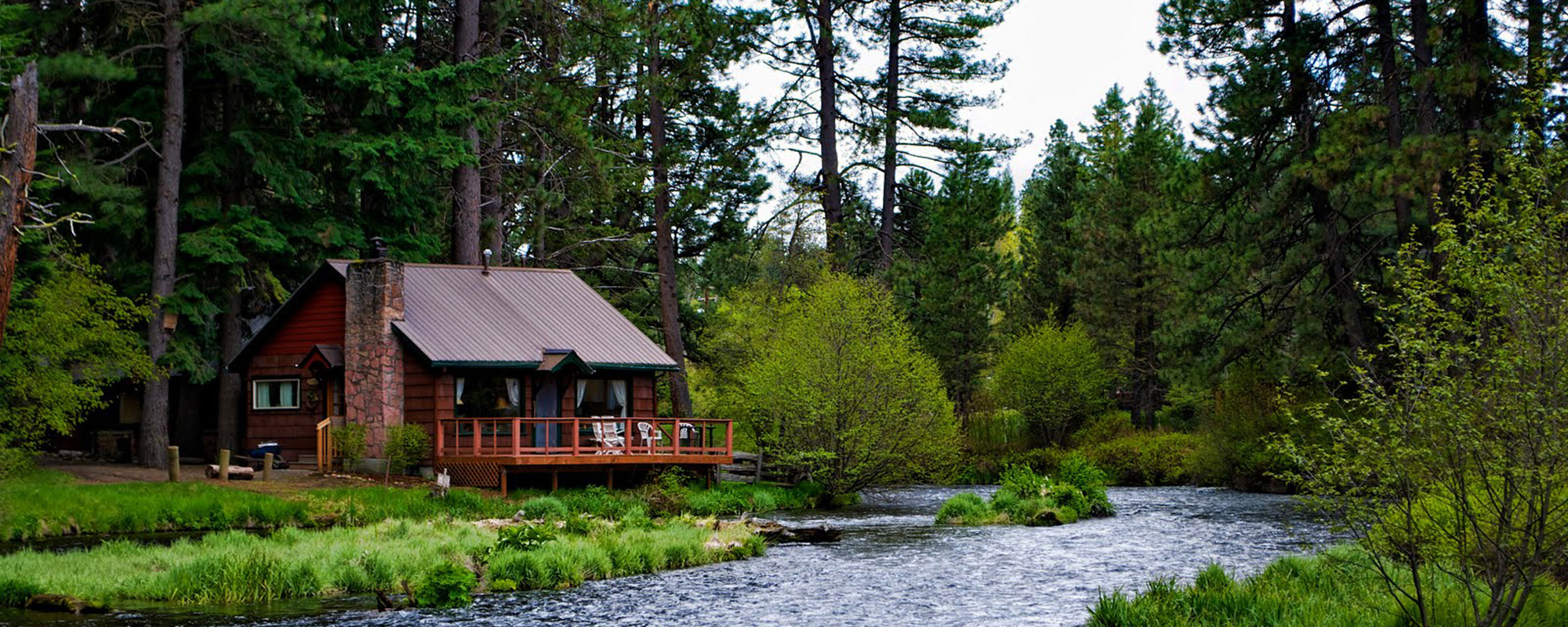Welcome to Outdoor Underwriters
Outdoor Underwriters is proud to serve a diverse group of landowners, foresters, and forestry associations. Our clients include; institutional timberland owners, TIMO’s, individual hunting clubs, large corporate landowners, consulting foresters and Forestry Associations.
Our team has +25 years of experience and can offer clients a comprehensive audit of their current insurance needs. Our superior programs have made us a leader in the outdoor insurance marketplace. We currently insure over 50 million acres of timberland for liability exposure’s and are the leading provider of Standing timber insurance in the Nation.
Which policy do you need?
Now Offering Quick & Easy Quotes for Hunt Lease and Timberland Liability
Timberland Liability
- You are a landowner of vacant timberland
- You are in need of General Liability protection for your property
- You are in need of coverage for trespassers and/or invited guests.
Hunt Lease Liability
- You are a member of a hunting club leasing land for hunting purposes.
- You are in need of coverage for your hunt club members and guests for hunting activities.
- You do not offer commercial hunting activities.
Get a quick and easy quote today!

